Finding Our Roots: A History of Makers and Its Significance in Education
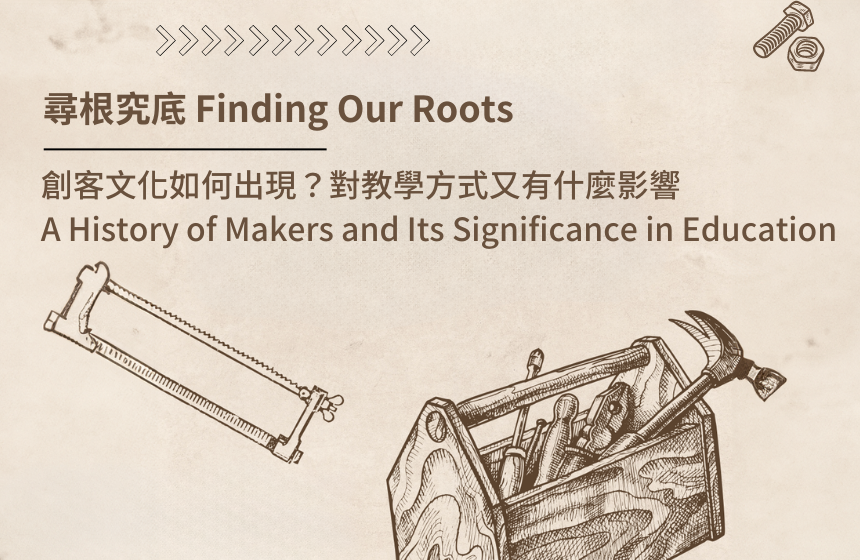
The modern era is high on consumerism. When furniture breaks, appliances malfunction, or clothes become worn out, people find it more convenient to buy new ones rather than repair them. The resurgence of maker culture in 2005 seems to respond to the increasing demand for environmental protection, encouraging people to make their own products and practice sustainable living. This trend has also brought about a new teaching approach, allowing students to demonstrate creativity and problem-solving through hands-on projects. Let’s take a look at how maker culture has developed and its impact on education.
What is Maker Culture?
Maker culture leans heavily on the idea of constructivism — that is, the notion of learning through doing. Makers utilise different types of technology and skills to aid their creations, so as to make tools to benefit the world. They learn by exchanging ideas and skills in an open-source environment, so as to perfect their creations.
Maker Culture started to appear in 2005 through Make: magazine. Dale Dougherty and his team brought to light a tech-influenced, grassroots way of DIY, which then led to the “Maker Movement”. As learning resources on the Internet and social media to acquire maker skills grow steadily, more and more people find the skills useful and become interested in being makers. On the other hand, the setup of makerspace worldwide further promoted the movement by giving anyone the tools and skillsets they need to become makers and encouraging collaboration among people from diverse backgrounds.
Maker Culture started to appear in 2005 through Make: magazine. Dale Dougherty and his team brought to light a tech-influenced, grassroots way of DIY, which then led to the “Maker Movement”. As learning resources on the Internet and social media to acquire maker skills grow steadily, more and more people find the skills useful and become interested in being makers. On the other hand, the setup of makerspace worldwide further promoted the movement by giving anyone the tools and skillsets they need to become makers and encouraging collaboration among people from diverse backgrounds.
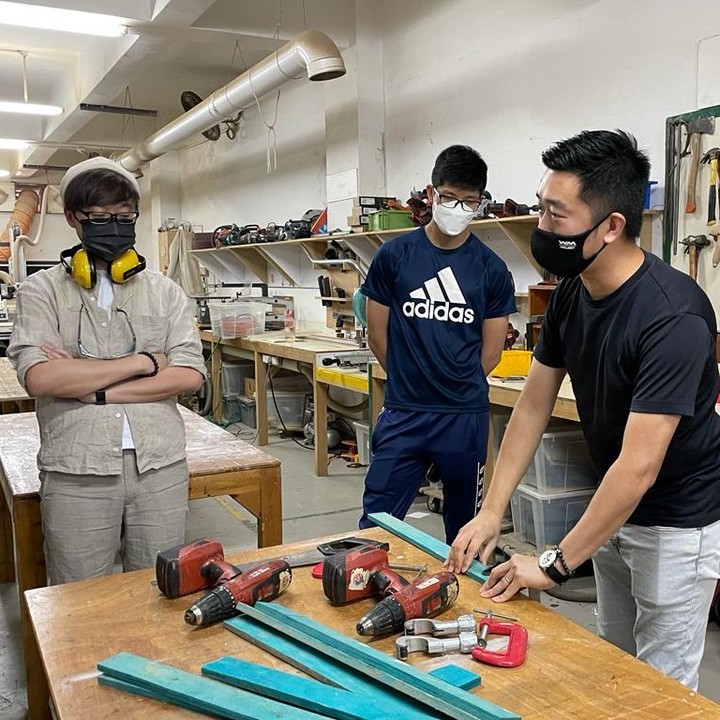
One of the interesting creations by makers is a DeLorean shaped hovercraft designed to run on land and sea by Matt Riese. Born from the original hovercraft designs, he made it with styrofoam and wrapped it in fiberglass for a more authentic car look. Combining with some real DeLorean parts, he realised his childhood dreams with a functional car that looks like it came out from the “Back to the Future” world.
A famous event in the Maker Community is the Maker Faire launched one year after the publication of Make: magazine. Serving as a platform to showcase self-made products, innovation and experimentation, the event facilitated idea exchange of Makers from different sectors. It has been held in over 140 countries around the world, gathering over 1 million participants and revolutionising education and culture.
A famous event in the Maker Community is the Maker Faire launched one year after the publication of Make: magazine. Serving as a platform to showcase self-made products, innovation and experimentation, the event facilitated idea exchange of Makers from different sectors. It has been held in over 140 countries around the world, gathering over 1 million participants and revolutionising education and culture.
From Maker Culture to Maker Education
Maker Movement has been considered as one of the important elements to foster innovation. More and more people turned themselves from passive users to active creators. Some discovered life-long hobbies while some used their tools and creativity to start businesses. It also led to a new format of teaching that empowers students to learn by doing as educators have started to incorporate some fundamental ideas of making in education to create interactive, open-ended, student-driven and multi-disciplinary learning experiences. Students will observe the world around them, engage with users, and learn the necessary skills to design and create projects.
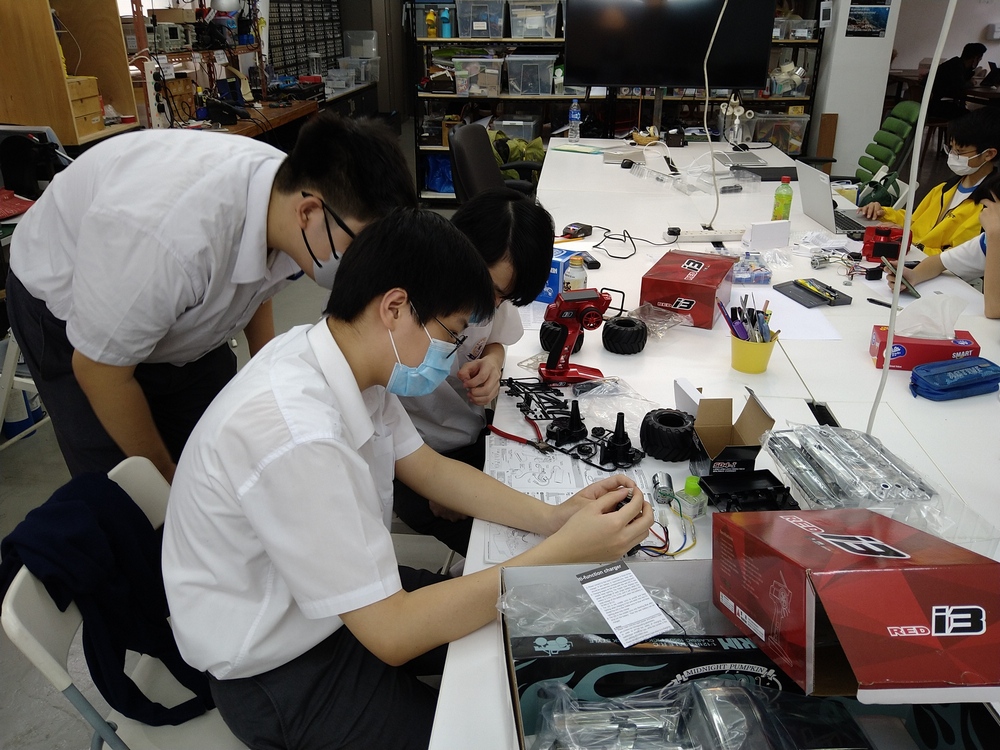
Making activities can train both hard and soft skills such as woodworking, 3D printing, critical thinking, and collaboration through hands-on tinkering, design thinking, and prototyping activities. Realising the need to explore creative ways to equip students with the skills, AMMACHI Labs in India, for example, started a series of workshops to motivate children in tinkering by utilising a problem-based approach.
Through the one-week Maker workshops for Amrita Vidyalayam Thalassery, students learned various 21st-century skills such as design thinking, 3D product design, electronic circuit design and hands-on tinkering. Since its implementation, it has not only inspired numerous students but also garnered multiple awards at India Innovation Events for the students’ creations.
Students who participated in the workshops were found to develop different approaches to collaborating with others, enhancing their critical thinking, and creativity compared to before. Due to the incorporation of design thinking as the framework, students were able to understand the needs of users with empathy and hence come up with solutions that helped the target audience better.
Through the one-week Maker workshops for Amrita Vidyalayam Thalassery, students learned various 21st-century skills such as design thinking, 3D product design, electronic circuit design and hands-on tinkering. Since its implementation, it has not only inspired numerous students but also garnered multiple awards at India Innovation Events for the students’ creations.
Students who participated in the workshops were found to develop different approaches to collaborating with others, enhancing their critical thinking, and creativity compared to before. Due to the incorporation of design thinking as the framework, students were able to understand the needs of users with empathy and hence come up with solutions that helped the target audience better.
How do we adopt maker education to empower students?
In MakerBay, we offer maker and design thinking workshops to meet the needs of different participants. For example, we provided a Design Thinking class that consisted of 12 sessions for TWGHs Mr & Mrs Kwong Sik Kwan College, to explore the potential of SEN students. We guided the students to design a mobile coffee cart for the Coffee Society by understanding the users’ needs, building and revising prototypes using different maker skills. Other workshops include Marble Run and Mini Solar Car, which encourage students to build solutions with their own hands while integrating different maker skills.
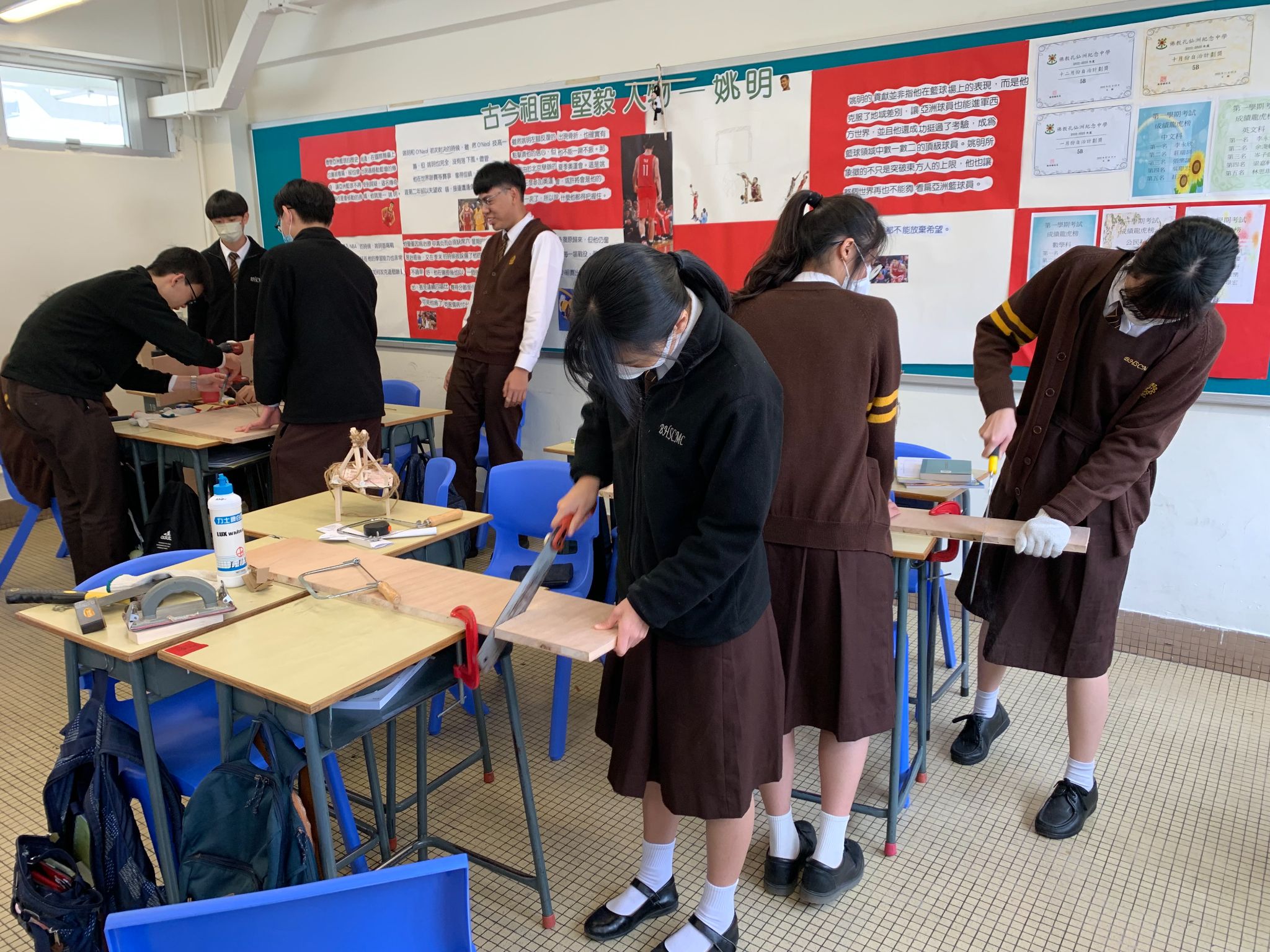
Acuqiring design thinking and maker skills can also benefit educators in designing class content for students, so as to equip students to be future-ready. Our Train the Trainers programme guides participants to build an actual prototype using different maker skills such as woodworking, laser cutting, 3D printing and sewing with a user-centric mindset. As a result, the experience can facilitate educators to design learning activities for students to be optimistic, empathetic and active members of society who can contribute to solving the complex challenges they may face in daily life.
We also provide induction classes for the general public to get a taste of building prototypes using maker skills. If you are interested in joining these workshops, click here to learn more!
We also provide induction classes for the general public to get a taste of building prototypes using maker skills. If you are interested in joining these workshops, click here to learn more!

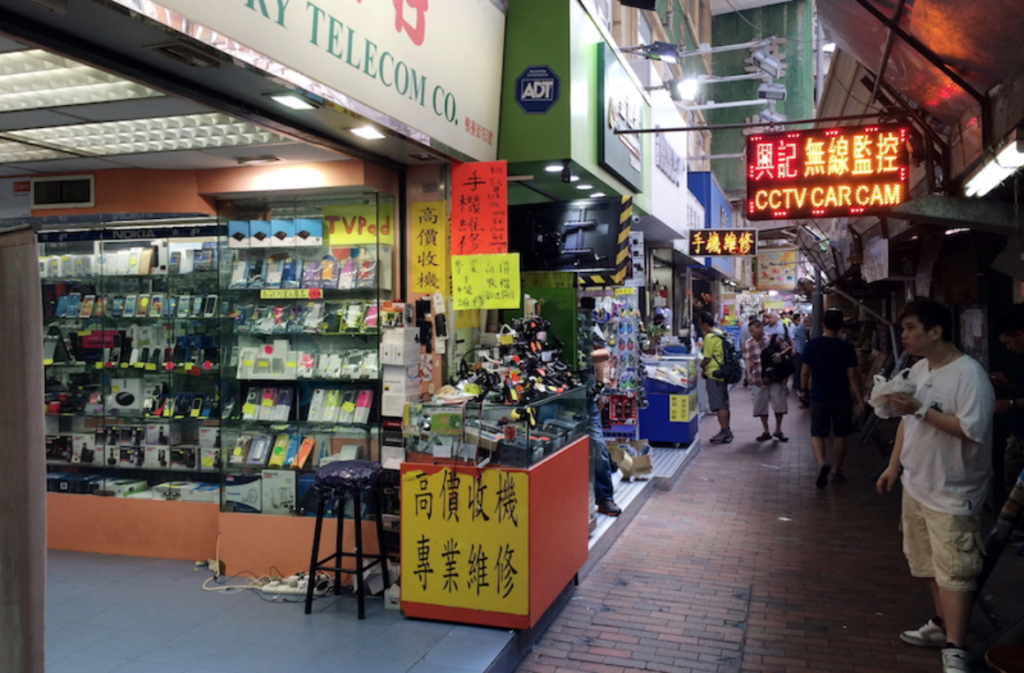
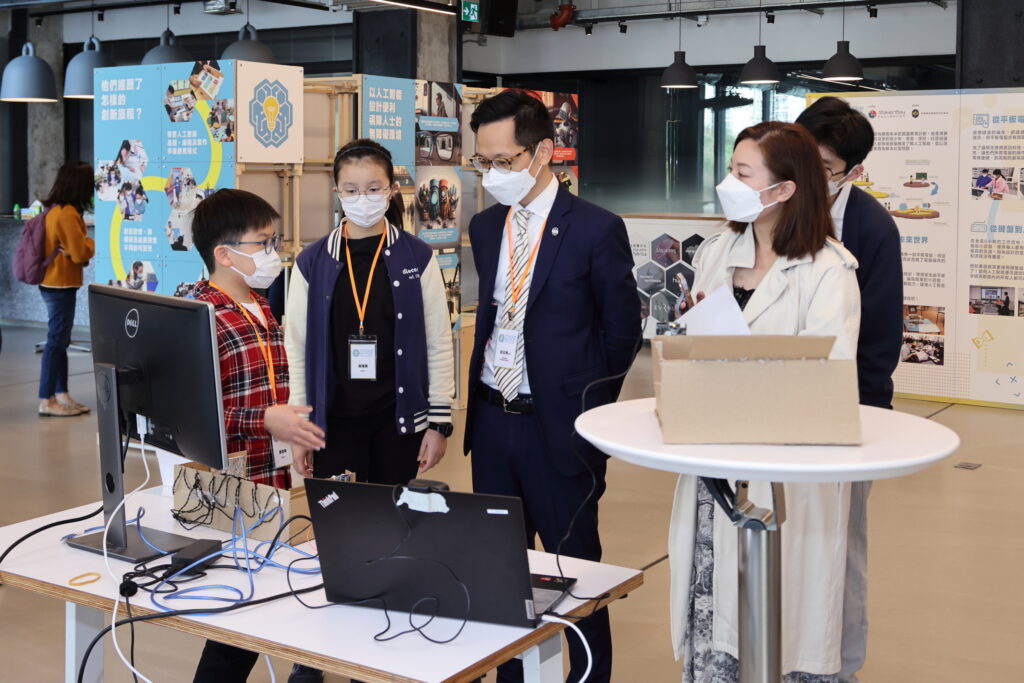
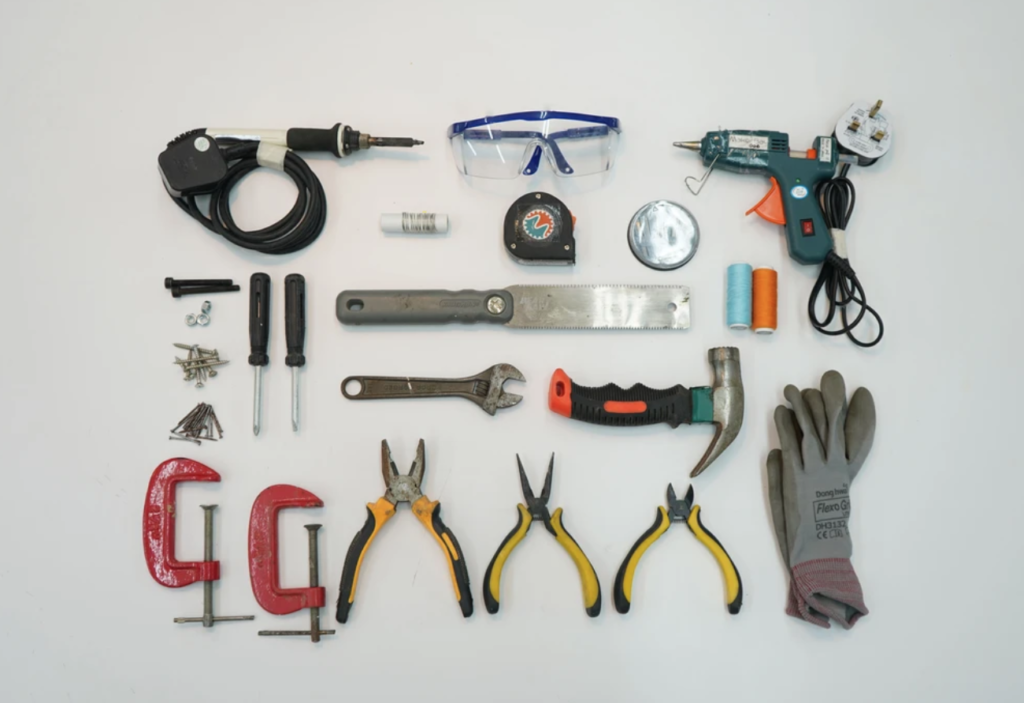

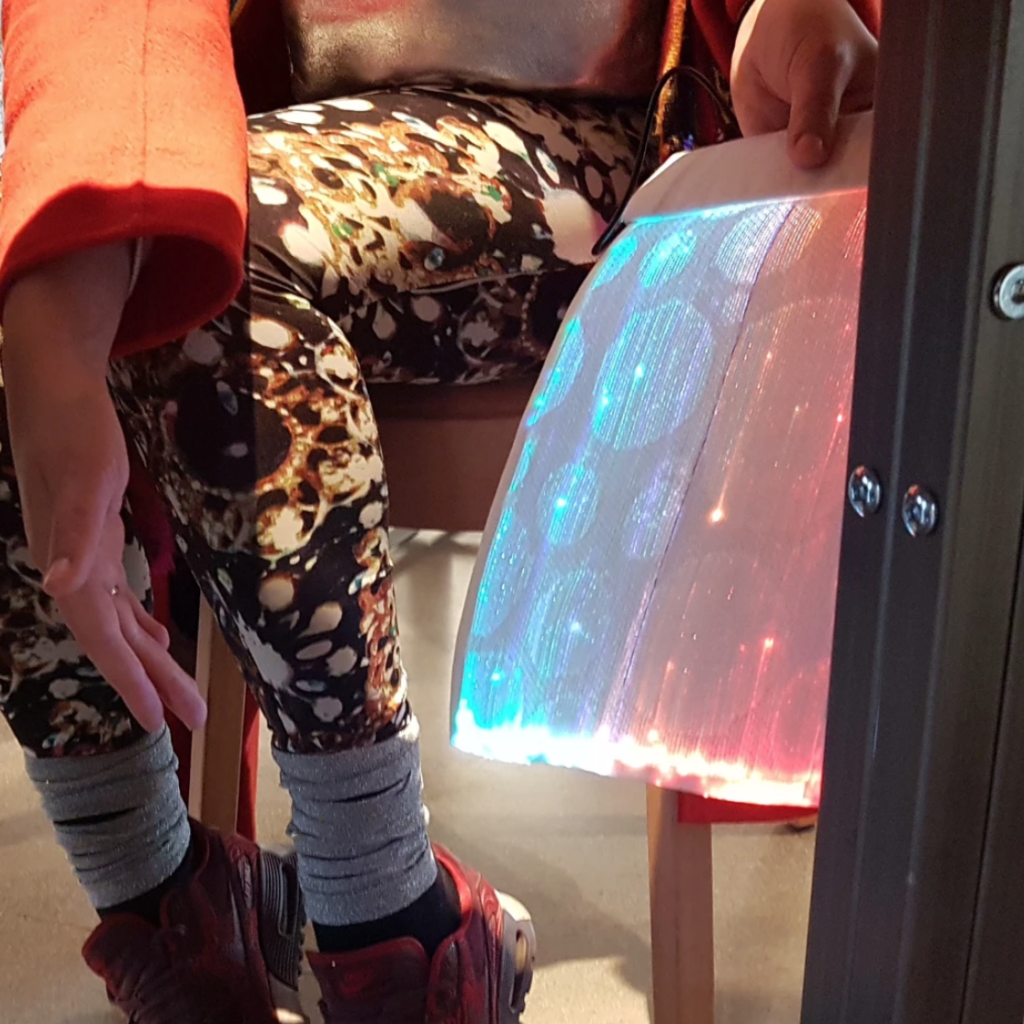

Responses